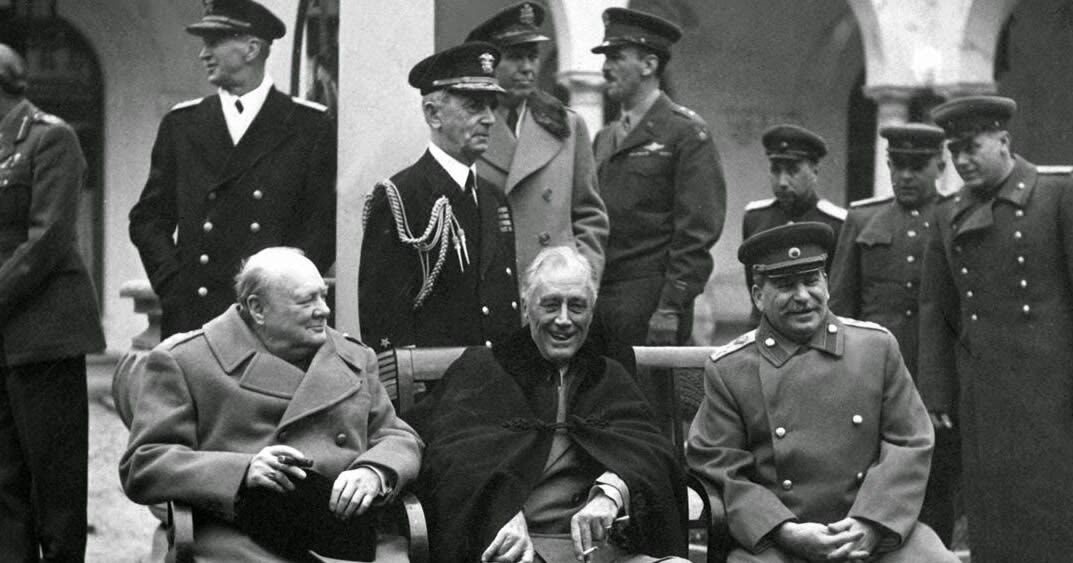Loading...
The Yalta Conference was a key moment in the history of the Second World War. It was held in February 1945, with the participation of the leaders of the Allied powers: the United States, Great Britain, and the Soviet Union. The conference took place in Yalta, a resort town on the Crimean Peninsula in the Soviet Union, and was marked by the tension between the leaders and the difficult decisions they had to make.

The Yalta Conference was important because it was the last meeting between the leaders of the Allied powers before the end of the war in Europe. The three leaders, Franklin D. Roosevelt, Winston Churchill, and Joseph Stalin, were able to discuss the future of Europe and the post-war world. They discussed issues such as the division of Germany, the creation of the United Nations, and the formation of a provisional government in Poland.
One of the most significant decisions made at the conference was the division of Germany. The leaders agreed that Germany would be divided into four zones of occupation, with each of the Allied powers occupying one zone. This decision set the stage for the division of Germany into East and West after the war. It also laid the groundwork for the Cold War, as the Soviet Union began to establish communist governments in its zone of occupation.
Another important decision made at the Yalta Conference was the creation of the United Nations. The leaders agreed that a new international organization would be formed to replace the failed League of Nations. The United Nations was established in 1945 and has since played a crucial role in maintaining international peace and security.
The Yalta Conference also dealt with the issue of Poland. The leaders agreed that a provisional government would be formed in Poland, which would include representatives from both the Polish government-in-exile and the Soviet-backed Polish Committee of National Liberation. However, the agreement was not successful in creating a stable government in Poland, and the country remained divided and under Soviet control for many years.
The Yalta Conference was not without controversy, however. Critics have argued that the conference allowed the Soviet Union to establish a sphere of influence in Eastern Europe, leading to the establishment of communist governments in countries such as Poland, Czechoslovakia, and Hungary. Some have also criticized Roosevelt and Churchill for making concessions to Stalin, such as allowing the Soviet Union to retain control of the Kuril Islands and southern Sakhalin.
In conclusion, the Yalta Conference was a crucial moment in the history of the Second World War. The decisions made at the conference, such as the division of Germany and the creation of the United Nations, had far-reaching consequences for the post-war world. While the conference was not without controversy, it remains an important milestone in the effort to establish peace and security in the wake of the war.
Sources:
“The Yalta Conference, 1945.” Office of the Historian, U.S. Department of State. https://history.state.gov/
“Yalta Conference.” Encyclopedia Britannica. https://www.britannica.com/
“Yalta Conference.” History.com. https://www.history.com/
Cite This Article
"Yalta Conference: How Did It Impact History?" History on the Net© 2000-2024, Salem Media.
April 22, 2024 <https://www.historyonthenet.com/yalta-conference-how-did-it-impact-history>
More Citation Information.
